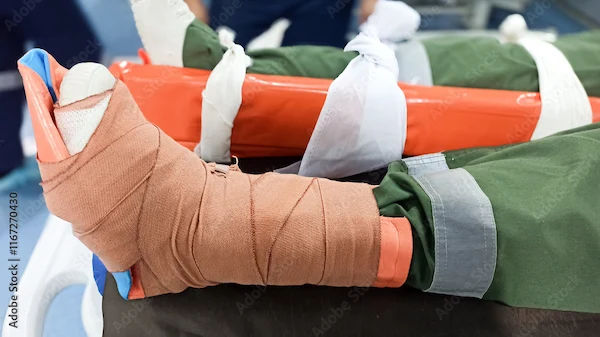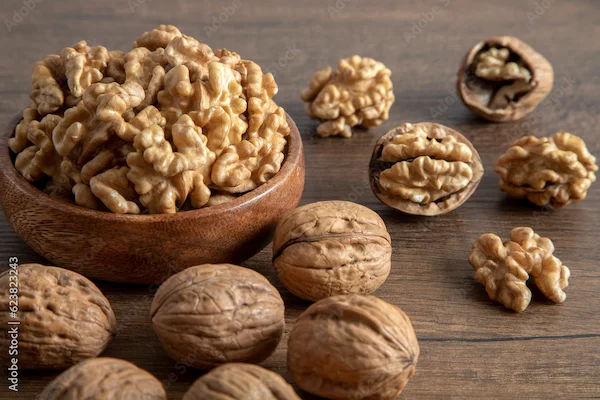Understanding Dilated Cardiomyopathy: Symptoms and Treatment
Learn about dilated cardiomyopathy, its symptoms, causes, and available treatment options. Understand how this heart muscle disorder affects cardiac function and the importance of early medical intervention.

Written by Dr. Rohinipriyanka Pondugula
Reviewed by Dr. Md Yusuf Shareef MBBS
Last updated on 22nd Aug, 2025
.webp?tr=q-80,f-webp,w-350,dpr-2,c-at_max 700w)
Heart health is something we often take for granted until something goes wrong. One such condition that affects the heart’s ability to pump blood efficiently is Dilated Cardiomyopathy (DCM). If you or a loved one has been diagnosed with DCM, it’s natural to feel concerned. But with the right knowledge and care, managing this condition is possible.
This article will help you understand what DCM is, its symptoms, causes, and treatment options all explained in simple, easy-to-understand terms.
What is Dilated Cardiomyopathy (DCM)?
Dilated Cardiomyopathy is a condition where the heart’s main pumping chamber (the left ventricle) becomes enlarged and weak. When this happens, the heart struggles to pump blood effectively to the rest of the body. Over time, this can lead to heart failure if not managed properly.
How Does DCM Affect Your Health?
A healthy heart pumps blood efficiently, supplying oxygen and nutrients to all parts of the body. In DCM, the weakened heart muscle cannot do this effectively, leading to:
Fatigue and weakness (due to poor oxygen supply).
Fluid buildup in the lungs, legs, or abdomen (causing swelling and breathlessness).
Irregular heartbeats (arrhythmias), which can be dangerous.
Increased risk of blood clots (since blood doesn’t flow as smoothly).
Without proper treatment, DCM can worsen over time, but early diagnosis and care can help improve quality of life.
Consult a Top Cardiologist
What Causes Dilated Cardiomyopathy?
DCM can develop due to various factors, including:
1. Genetics – Some people inherit genes that make them more prone to DCM.
2. Heart damage from infections – Viral infections (like myocarditis) can weaken the heart muscle.
3. Long-term high blood pressure – Forces the heart to work harder, leading to enlargement.
4. Alcohol or drug abuse – Excessive alcohol or certain toxins can damage the heart.
5. Autoimmune diseases – Conditions like lupus may contribute to heart muscle damage.
6. Nutritional deficiencies – Lack of essential vitamins (like thiamine) can affect heart function.
Sometimes, the exact cause isn’t clear—this is called idiopathic DCM.
Symptoms to Watch Out For
DCM often develops slowly, and some people may not notice symptoms until the condition has progressed. Common signs include:
Shortness of breath (especially during activity or lying down).
Swelling in legs, ankles, or feet (edema).
Persistent fatigue (feeling unusually tired).
Irregular or rapid heartbeat (palpitations).
Dizziness or fainting spells.
Chest pain or discomfort (though less common).
If you experience any of these symptoms, it’s important to see a doctor for evaluation.
How is DCM Diagnosed?
If your doctor suspects DCM, they may recommend:
1. Echocardiogram (Echo) – An ultrasound of the heart to check its size and pumping ability.
2. Electrocardiogram (ECG/EKG) – Measures electrical activity to detect irregular heartbeats.
3. MRI or CT scan – Provides detailed images of the heart.
4. Blood tests – To check for infections, thyroid issues, or other underlying causes.
5. Stress test – Monitors heart function during physical activity.
Early diagnosis helps in managing the condition better.
Treatment Options for DCM
While there’s no cure for DCM, treatments focus on improving heart function, relieving symptoms, and preventing complications.
Medications
ACE inhibitors/ARBs – Help relax blood vessels and reduce heart strain.
Beta-blockers – Slow the heart rate and improve pumping efficiency.
Diuretics (water pills) – Reduce fluid buildup in the body.
Blood thinners – Prevent clots if arrhythmias are present.
Lifestyle Changes
Limit salt intake – Helps reduce fluid retention.
Avoid alcohol & smoking – Both can worsen heart function.
Exercise moderately – Light activities like walking can help, but avoid overexertion.
Maintain a healthy weight – Reduces strain on the heart.
Medical Procedures
Implantable devices (like pacemakers or defibrillators) help regulate heart rhythm.
Surgery (in severe cases, a heart transplant may be needed).
Living with DCM: Tips for a Better Life
Managing DCM involves a combination of medical care and healthy habits:
Follow your doctor’s advice – Take medications as prescribed.
Monitor symptoms – Report any new or worsening signs immediately.
Eat heart-healthy foods – Focus on fruits, vegetables, whole grains, and lean proteins.
Stay active but don’t overdo it – Gentle exercises like walking or yoga can help.
Reduce stress – Meditation and relaxation techniques support heart health.
When to Seek Immediate Help
Call your doctor or visit the emergency room if you experience:
Severe shortness of breath.
Chest pain lasting more than a few minutes.
Fainting or extreme dizziness.
Sudden swelling in legs or abdomen.
Can DCM Be Prevented?
While some causes (like genetics) can’t be prevented, you can lower your risk by:
Controlling blood pressure & cholesterol.
Avoiding excessive alcohol.
Treating infections promptly.
Eating a balanced diet and staying active.
Need Help? Apollo 24|7 is Here for You
If you suspect symptoms of DCM or need expert cardiac care, Apollo 24|7 offers easy online consultations with top cardiologists. You can also book diagnostic tests like echocardiograms from the comfort of your home.
Conclusion
Dilated Cardiomyopathy is a serious condition, but with proper care, many people lead fulfilling lives. Recognizing symptoms early, following treatment plans, and making healthy lifestyle choices can make a big difference. If you have concerns about your heart health, don’t wait, reach out to a healthcare professional.
Consult a Top Cardiologist
Consult a Top Cardiologist

Dr. Vivek Kumar
Cardiologist
13 Years • MBBS, MD (General Medicine), DM (Cardiology)
Delhi
Apollo Hospitals Indraprastha, Delhi
(25+ Patients)
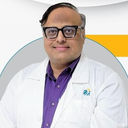
Dr. Lal Daga
Cardiologist
20 Years • MBBS, DNB [MED], DNB [CARDIO], FESC [INT], MNAMS
Ahmedabad
Apollo Hospitals Gandhinagar, Ahmedabad

Dr. Palani Kannan
Cardiologist
14 Years • MBBS., MD (GM)., DrNB (Cardio)., C.Diab
Chennai
Apollo Hospitals Heart Centre Thousand Lights, Chennai
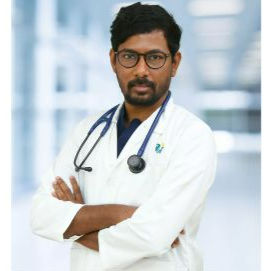
Dr. Sampath Kumar Madapati
Cardiologist and Electrophysiologist
2 Years • MBBS, MD General medicine, DM cardiology AIIMS new Delhi, DMH, Fellowship in clinical cardiac electrophysiology
Hyderabad
Apollo Hospitals D R D O kanchanbagh, Hyderabad
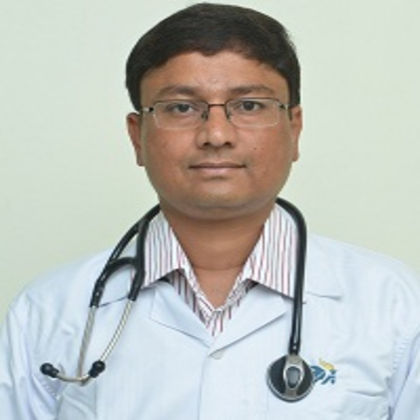
Dr. Jayesh Prajapati
Cardiologist
19 Years • MBBS, MD(MED), DM(Cardio)
Ahmedabad
Apollo Hospitals Gandhinagar, Ahmedabad
(25+ Patients)


